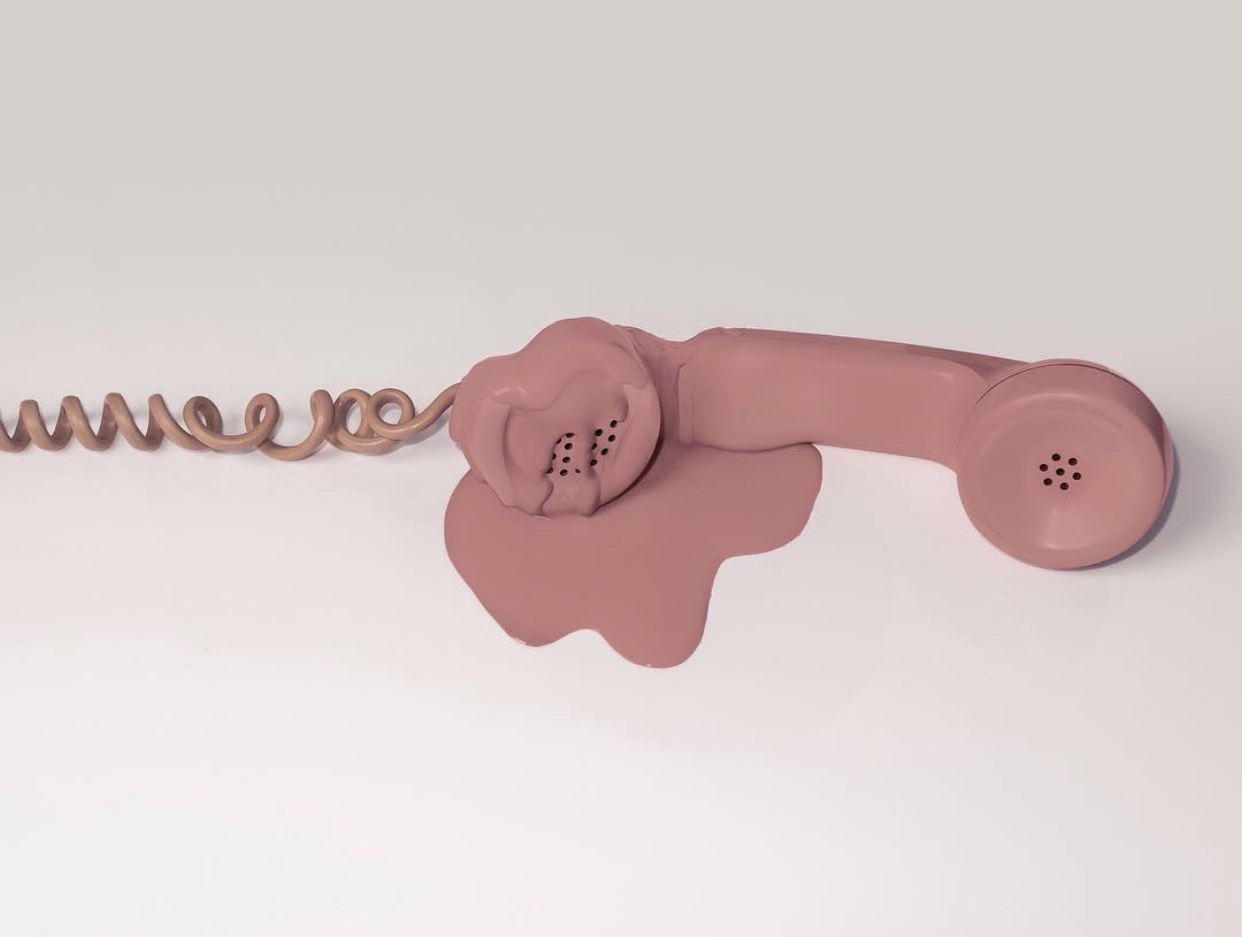Jonah is most definitely one of my favourite books in the Bible. I will always find humour in the way Jonah was not in God’s mood at all. Jonah was stubborn for the most part; he had an attitude and was on the run from his calling for many reasons besides the one he gave. Many people see Jonah as a challenging prophet — perhaps that is why I see a lot of myself in him. Aware of the significance of his call Jonah sought to flee from it. The speed with which we are introduced to the ‘humanness’ of Jonah is to me the most compelling part of the book.
January went completely left for me in so many areas. What started off as a collective desire for elevation in this new decade quickly turned into a struggle for my sanity. I was frustrated and angry at God. I didn’t understand why God seemed silent whilst I was facing these battles. My life was certainly not a reflection of what I thought Gods promises were supposed to look like. When I took major L’s the last thing I wanted to do was pray. I didn’t want to worship, I didn’t want to read the word. I didn’t want to do anything but feel my emotions entirely. I tended to block out anything spiritual for a few days in protest against God and to express the feelings of betrayal I felt towards him. It was almost as if I was holding a grudge against God for disappointing me. In attempts to understand what I felt I visualised a weighty ball of emotion. That weight consisted of fear, anger, shame, disappointment and many other feelings I had a hard time communicating. I felt this weight resting on my heart daily, invisible but undeniably present in everything I did. It was this weight that made me reluctant to communicate with God in the face of my troubles.
Gisting with Harriet on FaceTime the other day I asked her to be honest and tell me what she thinks my toxic traits are. Being that she’s known me practically my whole life I figured her opinion would be of most value. She paused momentarily and followed abruptly with “Grudges. Isabelle naa you hold grudges way too much”. I laughed because it’s something I’ve always known. However the gravity of it only hit me when I realised that this trait was also present in my relationship with God. This tendency of mine often put a wedge between me and the Holy Spirit in my lowest moments. Pride convinced me to keep hold of this weight and shift blame onto God for not fulfilling my hearts desires, but the truth of serving a God that loves me without condition rendered this weight meaningless.
What strikes me most about this book is that despite his disobedience, hard-headedness and occasional dramatics, God still called Jonah to do his work. God knew about Jonah’s toxic habits but his love for him transcended his flaws. So much so he prepared a fish for Jonah to rescue him from the consequences of his disobedience. Thankfully Jonah’s reverence for God saved him and the fish spat him out onto dry land. Jonah knew in his heart that holding animosity with God was like being so angry at the air that you stop breathing. Such an act would undoubtedly result in severe damage to your body or at worse lead to death. How much more damage is inflicted on our spirit whilst pain causes us to run away from a God that loves us without measure?
Holding onto the weight of your pain only seeks to place the call God has put over your life on hold. You cannot outrun this call, but freewill means that you can miss it. Put the weight in your heart down and communicate with your heavenly father. Get rid of all the background noise and remove the wedge you have placed between you and your maker because of your feelings. You are in this together for eternity, no matter how long you choose to run while on earth. Seek Gods face irrespective of it all & thank him for sending his son to spit you right back unto dry land.


